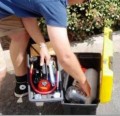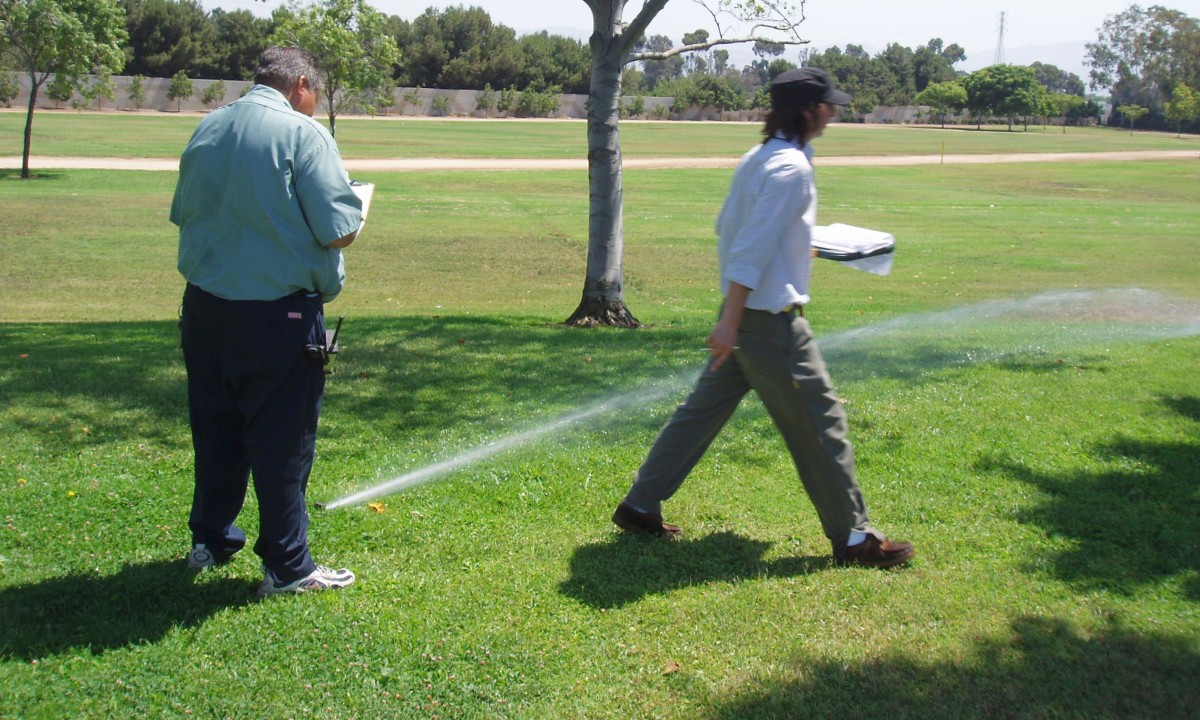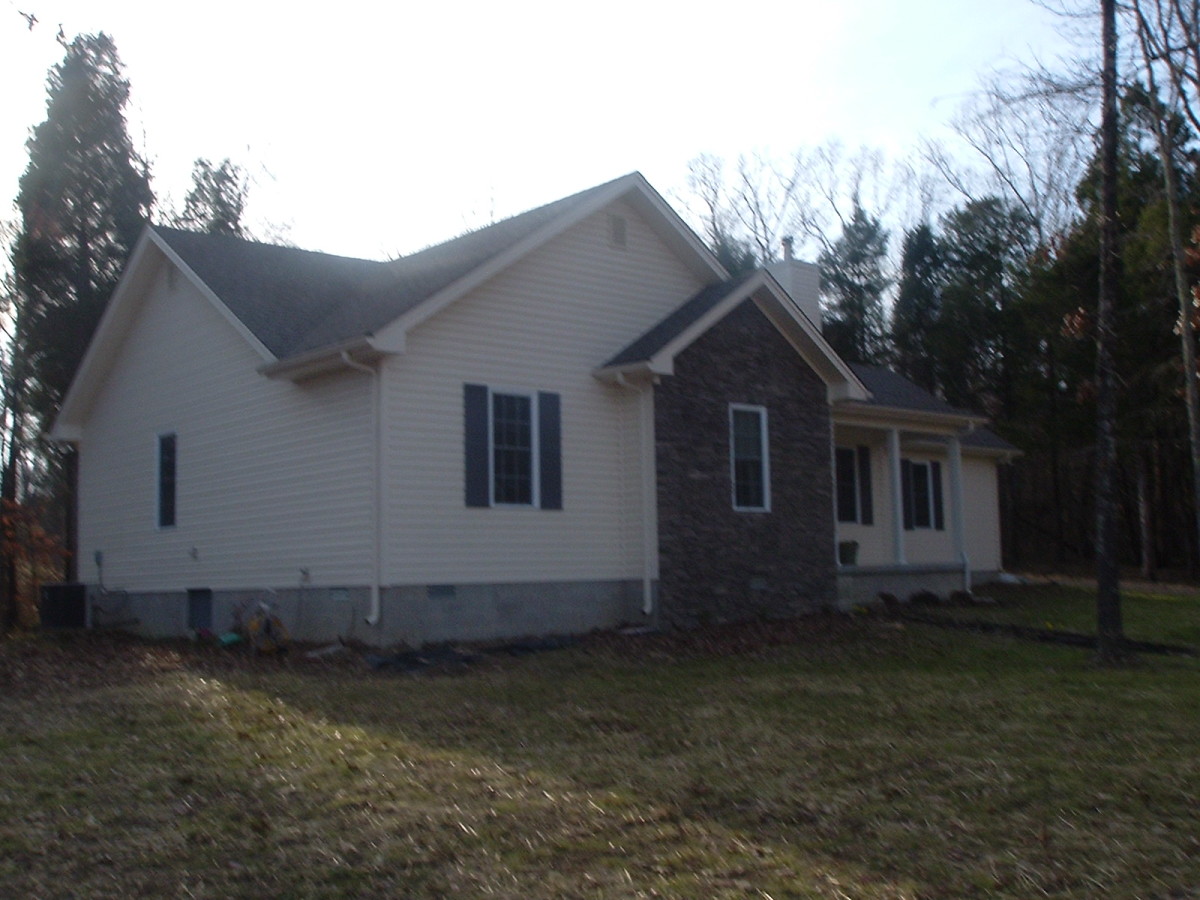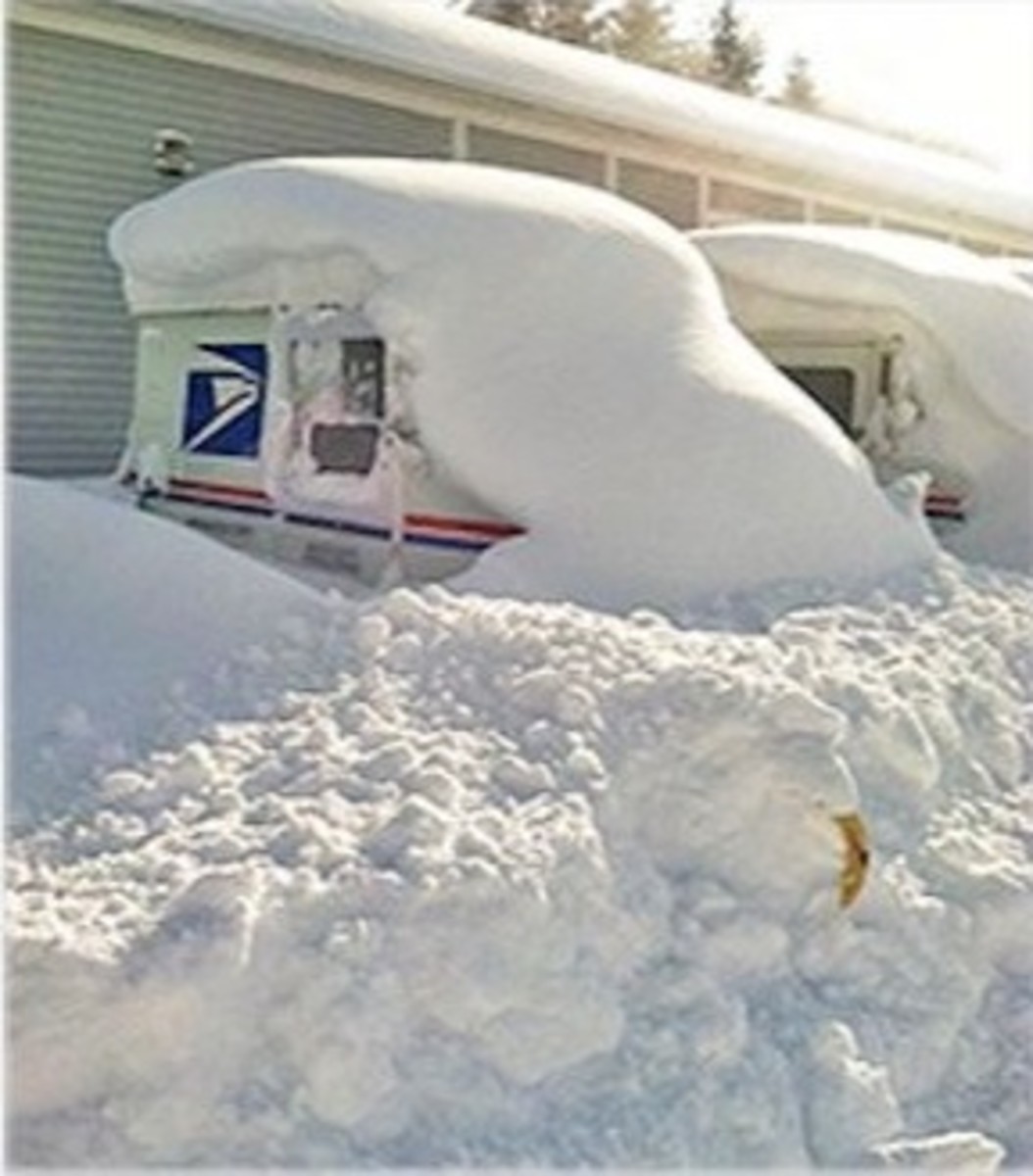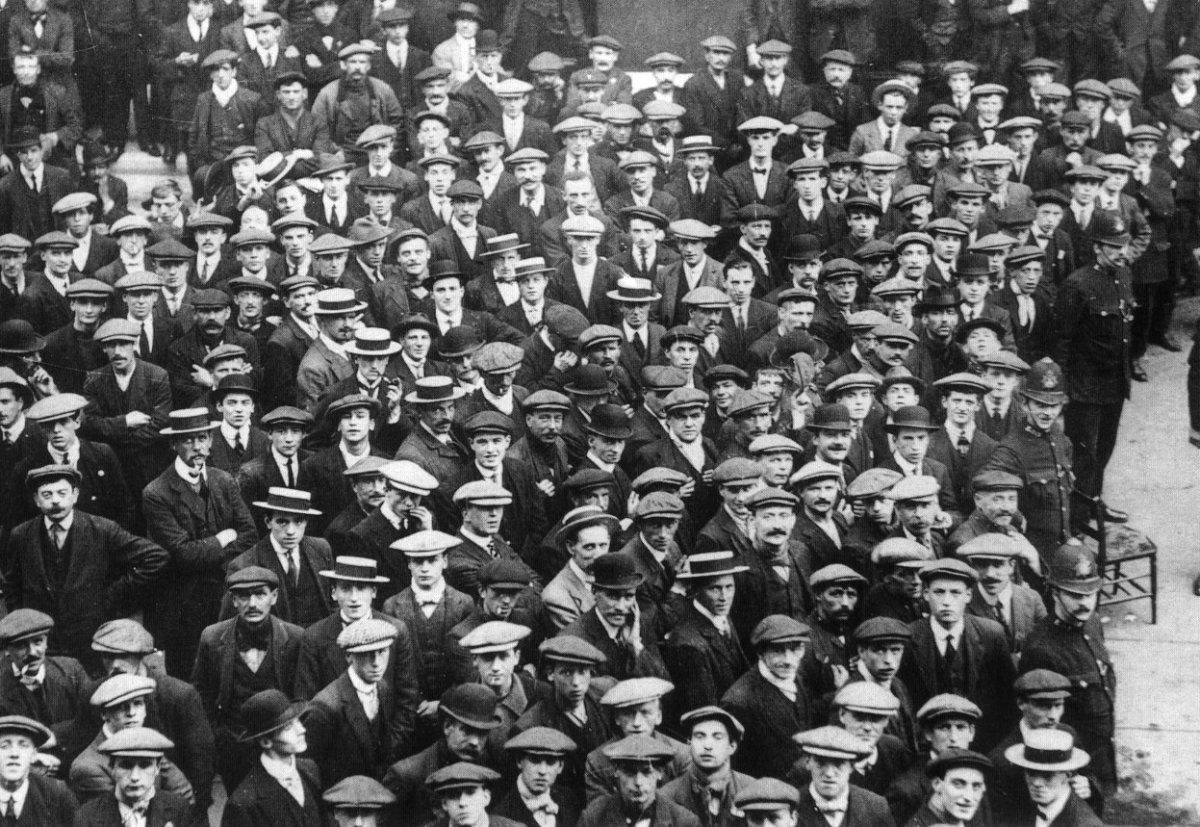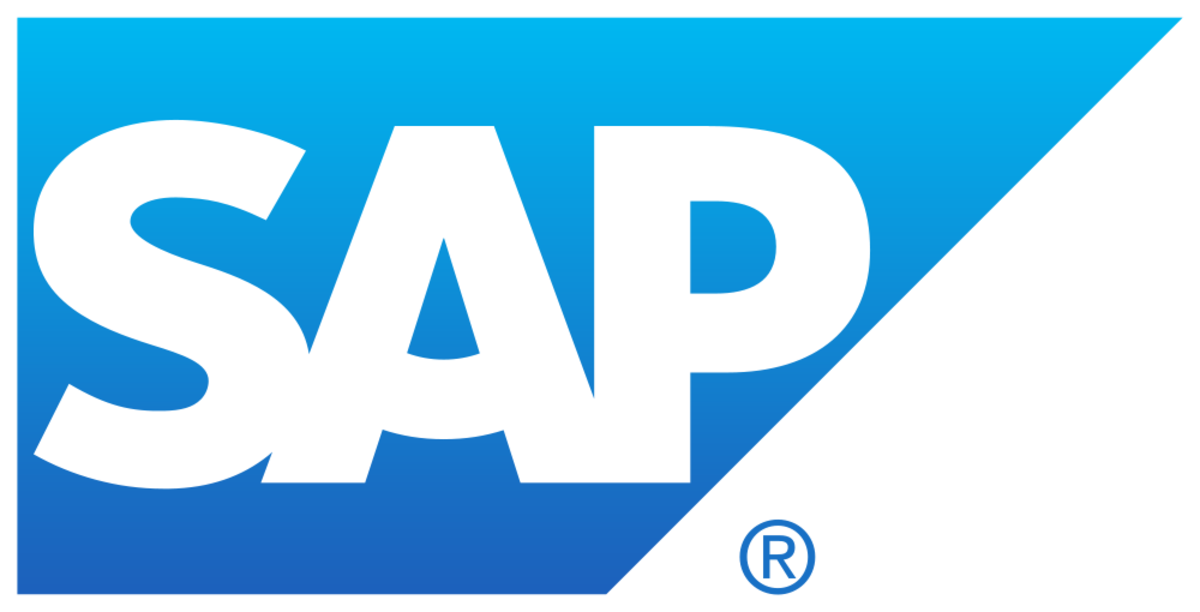Hiring A Private Water Audit Consultant
Water use, if unrestricted, can run up water bills and costs to phenomenal proportions if not regularly monitored. This includes use of water indoors - like showers in gyms, kitchen faucets in restaurants, spas and tubs in hotels. And it includes water use outdoors in the landscape and outdoor spas and pools. The purpose of a water audit is to identify how water is being used by your company or hotel and how it could be more effectively used, while reducing water bills.
This article shows you how to locate and hire a good water auditor, using the landscape as an example. For a full indoor/outdoor audit you would follow the same procedure, but look for expanded skills.

Why Contract a Water Audit?
A whole set of unrecognized problems can set expenses backward, if a property's grounds manager is not diligent - water leaks, using the wrong nozzles, watering too much, erroneous controller programming, even using the wrong type of controller can double the water bill or more. You could be paying too much for sewage, if your irrigation water is not metered separately from indoor water usage. And the plants you have or are planning to plant may be unsuited to the type of landscape and/or weather in your area, requiring use of way much more water than you expected or had budgeted for.
One of the easiest, timeliest, and ultimately cost effective ways to make sure that your sprinkler system is functioning properly, and that your landscaper is doing a good job, is to contract for an independent large landscape irrigation audit.
Finding Water Audit Contractors
Before looking, though, it would be smart to check for the availability of free audits from your water provider. Many water utilities (or their wholesalers) offer water audits free of charge to cut back on water use in their regions to combat drought - especially in states like California, where a water reduction percentage is mandated by law.
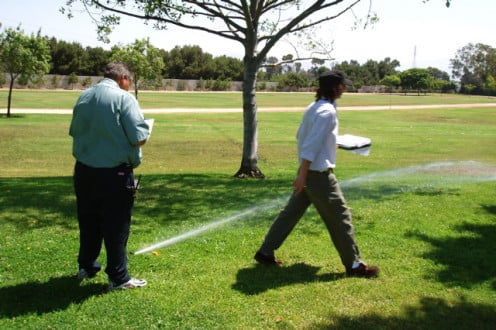
If your utility says they don't offer free audits, ask for recommendations of good water auditors in your area. It may be that they have used one in the past or have heard of good auditors from other customers.
Next check with your business contacts in other companies, especially those with large landscapes like yours. Word of mouth referrals are always better than hiring someone from the phone book or an online directory. Use those sources only as a last resort.
Hiring a Consultant or Contractor
A consultant is someone who investigates for the purpose of giving a recommendation. A contractor is someone who carries out the work. The definitions are often used interchangeably, but basically if you are hiring for a water audit only, you would look for a consultant. If you will want the audit and subsequent retrofits to be carried out by the same person, you would hire a contractor.
When hiring a consultant of any kind, the candidates you choose to interview should have at least two of the following characteristics:
-
A feeling that they "fit"
-
Good referrals
-
Reputable experience
-
A congenial and knowledgeable attitude
-
Good reviews or testimonials online
These are the things you will be looking for during the interview. Be aware that the bid amount, itself, means nothing without one or more of these to back it up. There are many, many companies who have selected consultants by the lowest bid only and been terribly disappointed in the end.
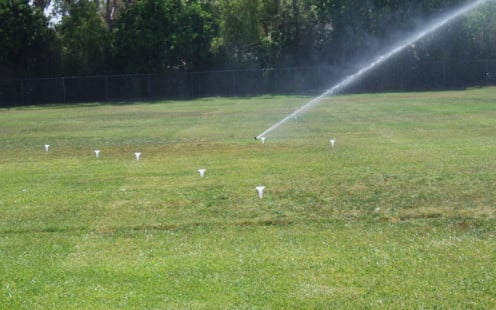
Contract Bidding Process
Now that you have a list of potential candidates, it's time to request bids. You will need at least three companies to interview to give yourself a good comparison. This means probably five to request bids from, since some will not reply or will be clearly unsuitable right away.
Form your team: Call together your grounds manager, your landscaper and, if you're a HOA, the board member in charge of landscaping, the chair of the landscape committee (if you have one), and the property manager for their relevant expertise (and future harmony). Leaving any of these out of the hiring process could set up animosities that will hamper your retrofit efforts later.
Prepare the bid request: Have your team carry out the following procedures, either as a group, or with each task assigned to an individual and followed by a group consultation: Develop a description of your ultimate goal, how you will want the job carried out (from what you know now), and the time period during which you would like it done.
-
Look online for similar contracts, then look at your budget to assess a potential contract dollar amount.
-
Choose a date, time, and place for interviews to include on the bid request, as well as a required response deadline. Decide who will be part of the interview team and what they will do.
- Find a sample bid request online, write yours up, print it out on letterhead or turn it into an html document, then send a copy to each of your potential candidates.
The following video will show you something about how a basic irrigation audit is conducted, which should help in preparing your bid request. In this case, the audit is for a private residence, but what is done here will be included in the more extensive procedures of a large landscape audit.
Sample Audit by City Water Department
Interview Preparation
It makes no sense to go into an interview without preparing ahead, yet some do. This makes a very bad impression on the candidates, who will often assume you are gullible and can be tricked into paying more in future.
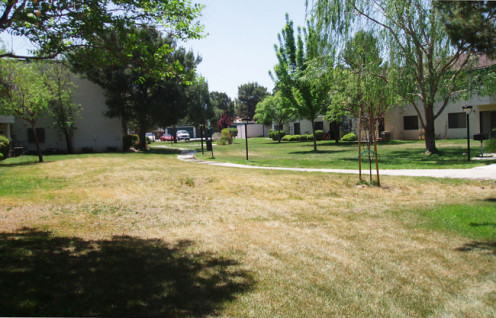
I once knew of a landscaper who convinced an unprepared HOA Board Chair that he was the best candidate for the job, because he'd worked there before. The Board Chair did not consult with the HOA's landscape committee, nor did he conduct a background check, nor verify this man's claims. A year later the landscaper had to be let go, after doing much damage to the landscape first, whereupon he promptly attempted to sue.
On the response deadline date or soon thereafter: Have your interview team meet to go through each of the bids you received, taking notes, and writing questions to ask candidates during the interview. When evaluating the bids, each team member will have different things they are attracted to or repelled by. Each will have some things that need clarifying. Having this discussion ahead of time will make your interviews much more effective.
As soon as your team has identified those they do want to interview, your assistant can call the selected candidates in person to invite them. For those who won't be interviewed, your assistant can send a thanks, but no thanks letter.
The day before the interview: Be clear on the roles each of you will play, including any interview assistants.
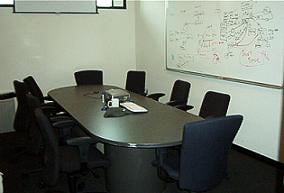
-
The chosen host/ess should prepare by setting up the interview facilities, making sure the team has all the supplies they will need, and providing coffee or some other way of helping a candidate to feel welcome.
-
Some candidates will want to see the grounds. The landscape or maintenance supervisor should prepare for that possibility by deciding what will be toured.
-
It will be easier on your candidates if the team selects one person to ask most of the questions during the interview. The questioner can prepare ahead of time by making a list of questions he/she will ask, based on what came out of the bid evaluations.
Interviewing Procedures
Now your team is prepared for the interviews and the day has arrived. These are the steps an interview committee will go through during the actual interview process.
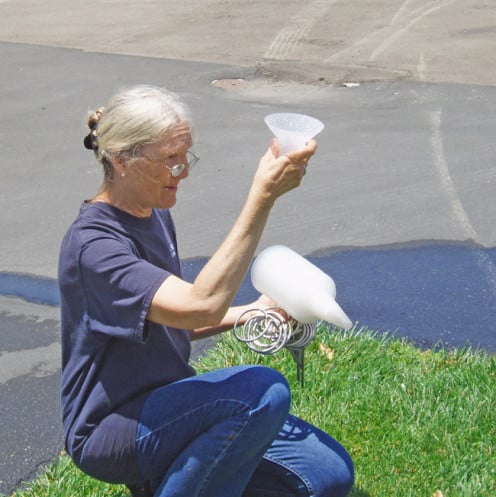
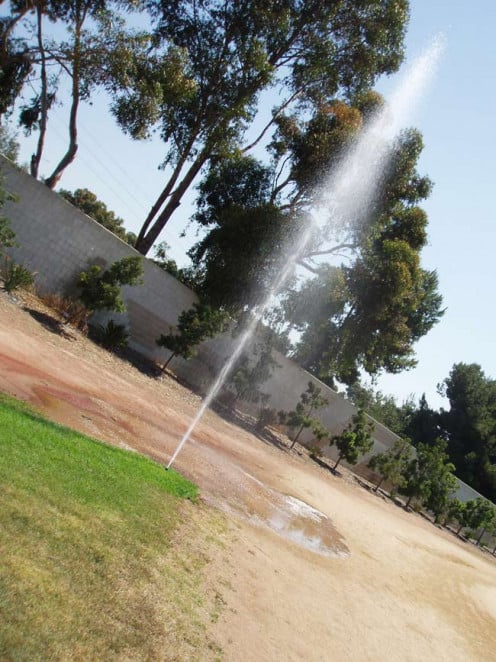
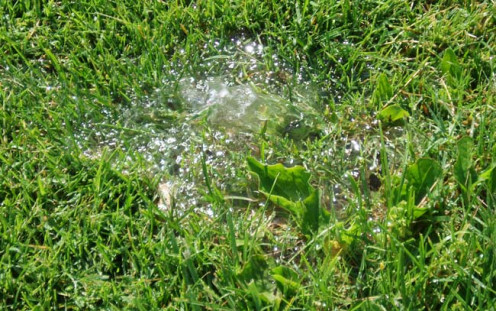
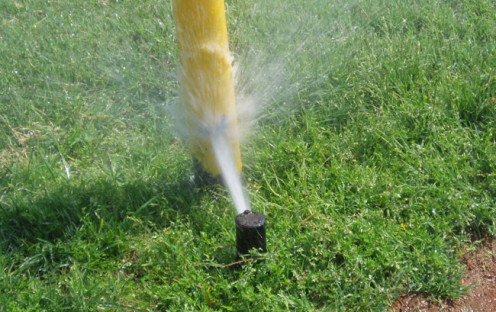
As each candidate arrives, the host/ess greets them and alerts the committee. A committee member invites them into the interview room, introduces them around, offers them coffee, and starts the interview when ready.
The general procedures in a good interview are as follows:
-
Introductions, welcome, and some social interaction
-
Reiteration from the committee of what you are looking for
-
Response from the contractor (how they will handle it)
-
Acknowledgment by the committee of strengths shown in the proposal
-
Questions about perceived weaknesses
-
Tour of the grounds (if appropriate)
-
Confirmation of any followup required
-
What to expect next
-
Adjournment
Include in the interview: There are five main things you will be considering when making your selection, so be sure these five are covered either in the proposal or during the interview:
-
How long have they been doing this type of work?
-
What is their experience with irrigation systems and outdoor water audits?
-
What is an example of a successful project they have done? A not so successful one?
-
Do they also carry out retrofits or sell irrigation parts?
-
How do they normally involve the landscaper and/or maintenance supervisor?
Why ask these questions? The importance of the first three questions is to see how well they know their business, and whether the things they know fit with what you need.
The purpose of the 4th question is to see if they have other interests that might bias their findings. If they do and are open about it, you might want to consider hiring them for both the audit and the retrofits you conduct later.
The purpose of the last question is to see how they deal with existing staff, who very often feel threatened by this kind of audit. You will want an auditor who treats staff like partners, who helps them understand more about the need for good maintenance and also about new technologies available. Your staff will be involved in carrying out and maintaining the retrofits, so they all need to be on the same page. If you think a candidate will not get along with staff, that is a red flag.
Selection Process
This is where you make the commitment that will make or break the project. You've got a good idea of what the project will entail and what skills are needed to make it work. You know how much you can spend and what they've asked for, and now it's time to make the commitment. By comparing the different contractors interviewed, you will be able to tell who is likely to do the best job. Here is how to handle this step.
Re-envision the results you wanted: Look again at the results you asked for originally. Were they reasonable with what you now know or were some unrealistic? Did your prospective auditors add new possibilities? What is your new vision?

Weed out the auditors who don't match: Match each auditor's skills and knowledge with the new vision. Were they able to talk about irrigation in a way you could understand? Could they discuss native plants? Could they tell you about experiences with helping clients save money? Did you like their sample report? How did they treat your staff? You're looking for integrity, knowledge, experience, and fit. There will likely be only one or two that qualify.
Conduct a background check: For safety's sake and the sake of integrity, it's important to check the validity of their claims. Call references, look for police reports. If close enough, drive by places they have audited to see how cared-for the landscape is. Match what they said with the reviews you saw online, if any. If you couldn't find their website before, look it up now. By this time, your very best candidate should be standing out.
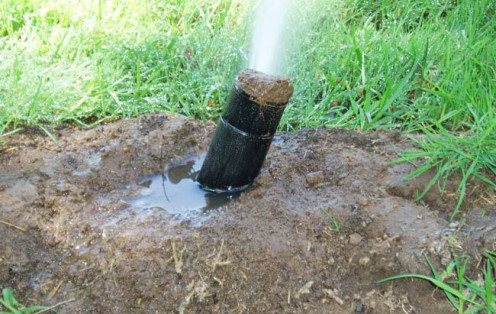
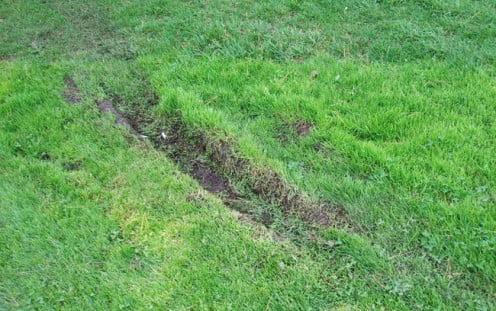
Negotiating the Water Audit
This step can be either very easy or a real sticking point, depending on how far apart your available budget is from the favored candidate's asking price. If their bid is more than you can afford, reevaluate first to see how much money you could save from their work.
If the amount of potential savings, according to what came out in the interview, looks larger than what you expected, perhaps you could pay them more. Or maybe they would be open to saving some of their payment until retrofits are finished, especially if you hire them to do the retrofits. On the other hand, you could look for something they may have offered that you don't really need and see if they will forgo it to reduce the price.
Once you've decided on how far you're willing to go, then call to negotiate the financial arrangements, so you can offer them the job. If the bid is a decent one and you really like them, then it may be best not to dicker too much - there needs to be mutual trust and mutual benefit in order for the relationship to work out well.
Signing the Water Audit Contract
With your sample contract in hand, now modified by your new goals, any additional services your favored candidate offered that you liked, and the price you have ended up agreeing to, you are ready to notify the winning auditor. (Don't put anything in the contract that hasn't already been negotiated. Suprises can kill it by generating distrust.)
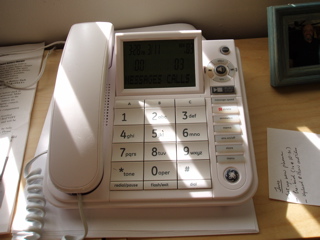
Make a personal call to the winner to let them know you've selected them, then send a formal offer letter with a contract for their signature. You sign it first, which also shows trust. Let them know you look forward to working with them. Give them a start date.
After you've received the contract back with their signature, send a thank you letter to the other candidates for taking the time to submit a bid and interview. This is important for future relationships, especially with those who came close to winning.
When you start the new contractor, have everyone who will be working with them be there to welcome them and work out procedures. This will ensure a positive and productive start to your project. Good luck with your landscape survey, and thank you for using water efficiently.
For more information:
- Water Leak Detection: Irrigation System
Leaks can cost thousands of dollars on a large landscape if allowed to continue, so they need to be discovered and fixed as soon as possible. This article shows how to find irrigation leaks.

